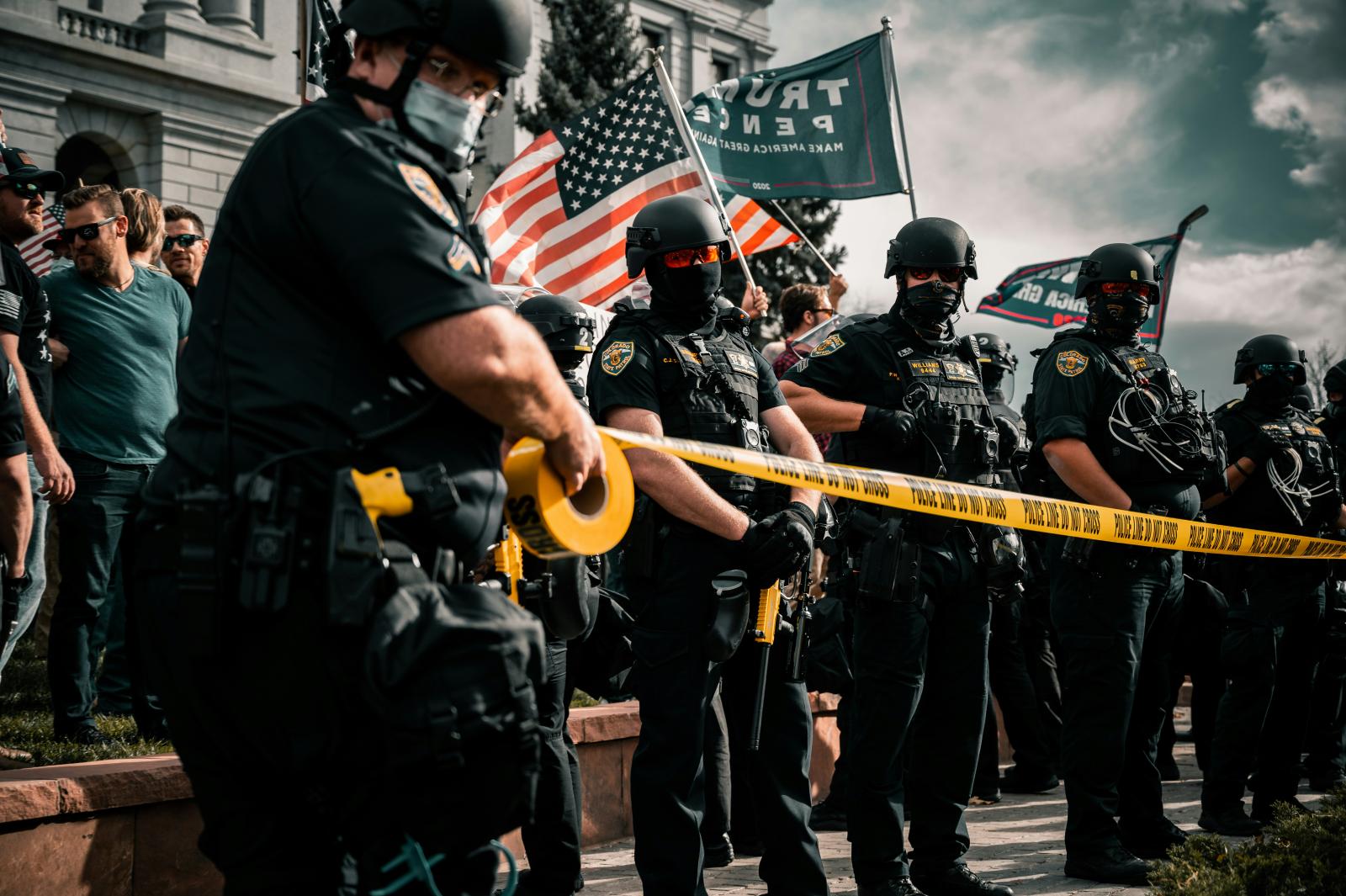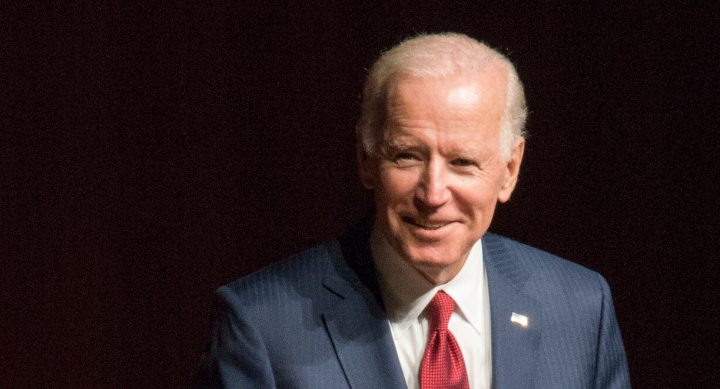
After President Joe Biden announced his decision not to seek reelection, the media quickly turned to the esteemed faculty at the LBJ School of Public Affairs for their in-depth research and expert insights on this historic decision. This special edition of "LBJ in the News" highlights the expertise and perspectives of these distinguished professors, showcasing their analysis and contributions to understanding the implications of Biden's announcement on the political landscape.
Biden’s visit to Austin is back on for Monday
Texas Tribune | July 23
President Joe Biden’s planned to trip to Austin, Texas commemorating the 60th anniversary of the Civil Rights Act of 1964 has been rescheduled for Monday, July 29th at the Lyndon B. Johnson Presidential Library.
The trip marks one of the president’s first appearances since announcing his decision to not seek reelection in the 2024 presidential race. Biden will discuss his administration’s “progress advancing civil rights and his vision to ensure the promise of America for all communities,” according to a previous White House statement.
Prominent news outlets have turned to LBJ School presidential historian Jeremi Suri for his expertise as news of President Joe Biden’s decision to cede the democratic nomination was announced on Sunday.
TIME, July 21: Joe Biden’s decision upholds one of our greatest presidential traditions
NBC Austin, July 21: ‘Good moment for democracy’: UT historian says there is precedent of presidents stepping aside
ABC Austin, July 21: Historian at UT explains significance of Biden dropping out of presidential race
Video: Biden preserves his political legacy, historian says
Univision | Sergio Garcia-Rios | July 21
It’s uncertain how voters will respond to Kamala Harris in November, but in recent polling against Trump, she’s been consistently 2-3 points ahead of Biden, a turnaround from earlier when she trailed as the hypothetical candidate, said Sergio Garcia-Rios, a professor at the LBJ School and Univision’s Director of Polling.
Garcia-Rios went on to say that Democrats should shift focus from Trump to their proposed actions - reflecting what voters say they want to see.
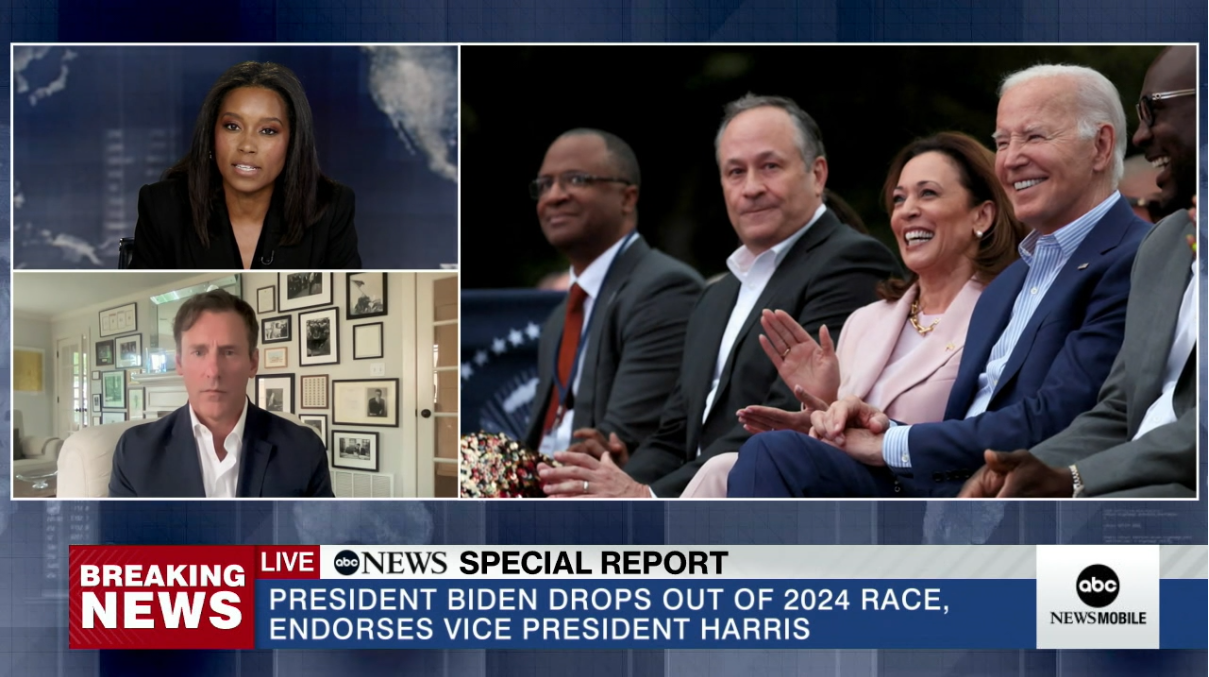
Video: Biden preserves his political legacy, historian says
ABC News | Mark Updegrove | July 21
President and CEO of the LBJ Foundation, Mark Updegrove, discusses the parallels between President Joe Biden’s decision to not seek reelection and that of former President Lyndon B. Johnson’s similar decision in 1968.
“Another reflection of the unprecedented events we have seen this year,” said Mark Updegrove. “It reminds me of 1968, the last time we had an incumbent president who was eligible for reelection opt not to seek or accept his parties’ nomination, that was Lyndon Johnson in 1968 but there are so many other parallels there as well.”
History As It Happens: The madness of political violence
The Washington Times | Jeremi Suri | July 15
LBJ School Professor Jeremi Suri was featured on The Washington Times’ podcast History as it Happens recently to discuss the long history of political violence in America.
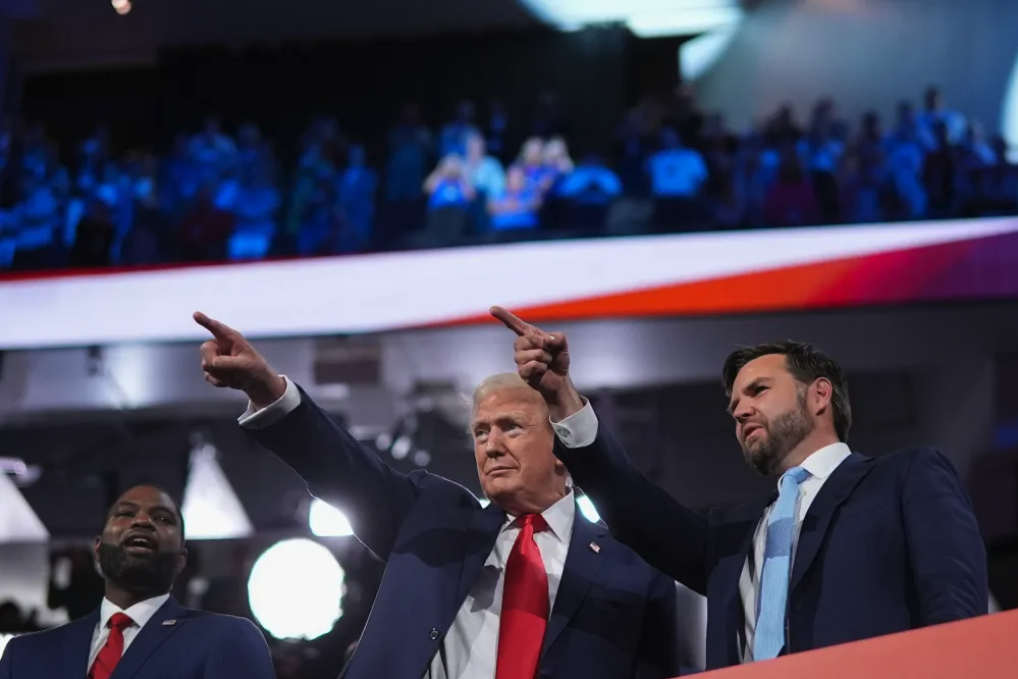
Opinion: The Irrelevance of J.D. Vance to U.S. Foreign Policy
Foreign Policy | Jeremi Suri | July 19
“Fifteen vice presidents eventually became president, most often because their commander in chief died in office. Before those tragic transitions, many vice presidents were miserable: powerless, isolated, and largely ignored,” wrote LBJ School Professor Jeremi Suri. “They had little influence on policy—and foreign policy perhaps least of all. And there is little reason to think that the experience of Ohio Sen. J.D. Vance, former President Donald Trump’s selection for vice president in a second term, in the office would be any different.”
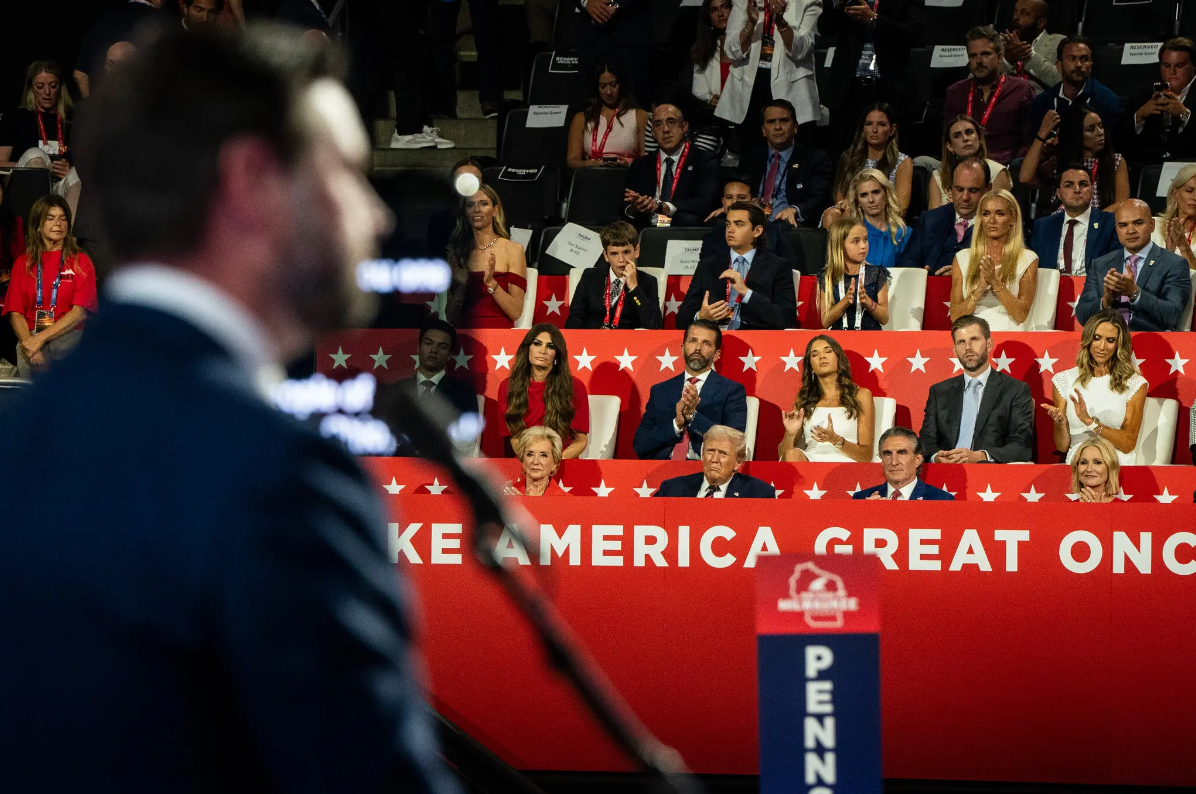
Vance Lays Out a Blue-Collar Vision That Clashes With Trump’s Record
The New York Times | James Galbraith | July 18
J.D. Vance, the Republicans’ vice-presidential nominee, wants to center the American working class in policies that would break radically with Republican economic orthodoxy, and at times with former President Donald J. Trump’s own plans.
Now he faces questions from left-leaning and right-leaning economists on whether it would actually work.
“We’re in the early stage of a very interesting moment that could represent the transformation of American politics,” said LBJ School Professor and economist James Galbraith, marveling that Republicans are at least rhetorically centering the working class in their policies.


